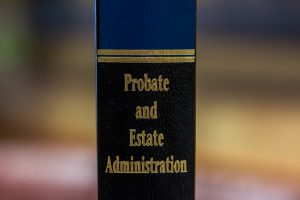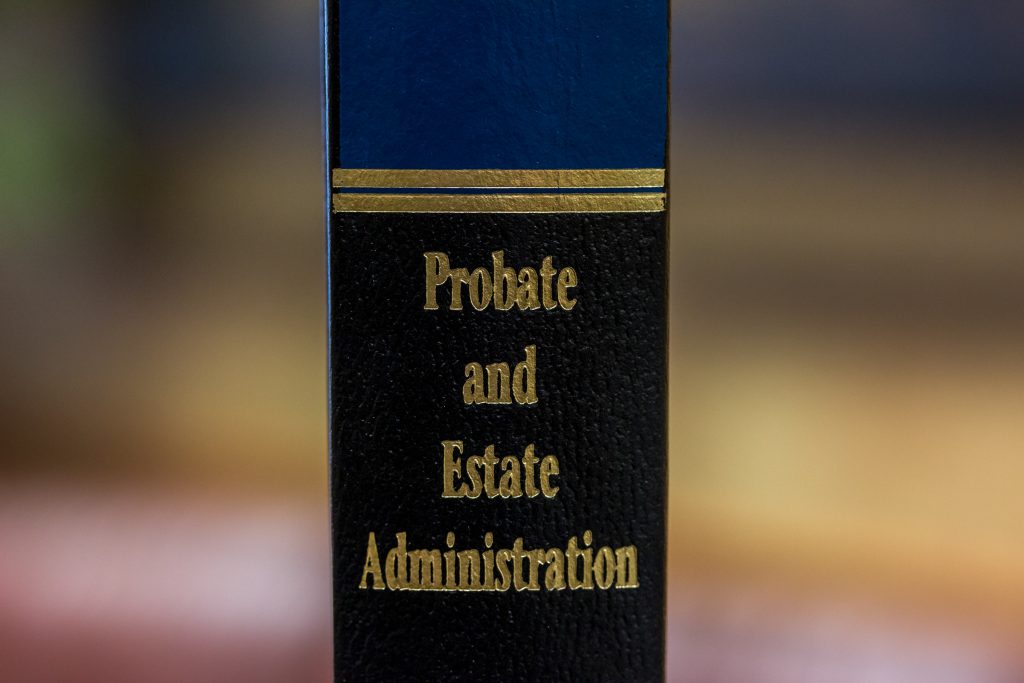
You get a knock at the door. It’s the mailman. He’s holding an envelope in his hand and needs you to sign for it. You sign and he’s gone before you even know what it’s for.
Then you turn the envelope over. You’ve just received a certified letter from the Internal Revenue Service! What’s the first thing you should do? Try to relax.
This doesn’t automatically mean you’re going to jail or your banks accounts have been seized. It typically is about a specific issue on your federal tax return or tax account. A notice may tell you about changes to your account or ask you for more information. It could also tell you that you must make a payment.
When you read the notice, it will contain specific instructions on what they want you to do. As I mentioned before in the auditing blog (Taxman Disputes Solved): DO NOT ignore this letter, regardless of its contents. If the IRS sends a certified letter, it’s because this is an important document they wanted to confirm you’ve received.
By signing for the letter, you’ve confirmed you’re in receipt of their notice. Also, don’t just refuse to sign for it (or not answer the door when the mailman rings). That also is not a productive way of dealing with things: even if it works with door-to-door solicitors. If you do owe money, the longer you wait to deal with the situation, the more interest your account could be accruing,
However, before you respond, gather all the information they are asking from you and call an attorney. Do not respond until you’ve had a chance to have a consultation with a tax professional. If my blogs sound like a broken record, it’s because I cannot stress to you enough that there are often ways to make things right with causing far less financial and emotional pain otherwise. A proper plan potentially can save you thousands of dollars and untold hours of lost sleep.
One last tidbit: the IRS will never call you, email you or contact you via social media. Nor will anyone from the IRS ask for personal or financial information over the phone or via e-mail. These are all scams. Remember this when a scammer reaches out via these methods. Remind your mother. Remind your gullible friend and elderly neighbor. The same “prince from Nigeria” who wants to give you a million dollars for transferring funds if you just give him your bank account, is the same person who wants your personal information to run you over the coals. Don’t fall for it.
With extensive experience in all reasons the IRS sends certified letters or any other tax disputes, I can help you resolve your problems and minimize your tax exposure. Call my office at 724-216-5180.







